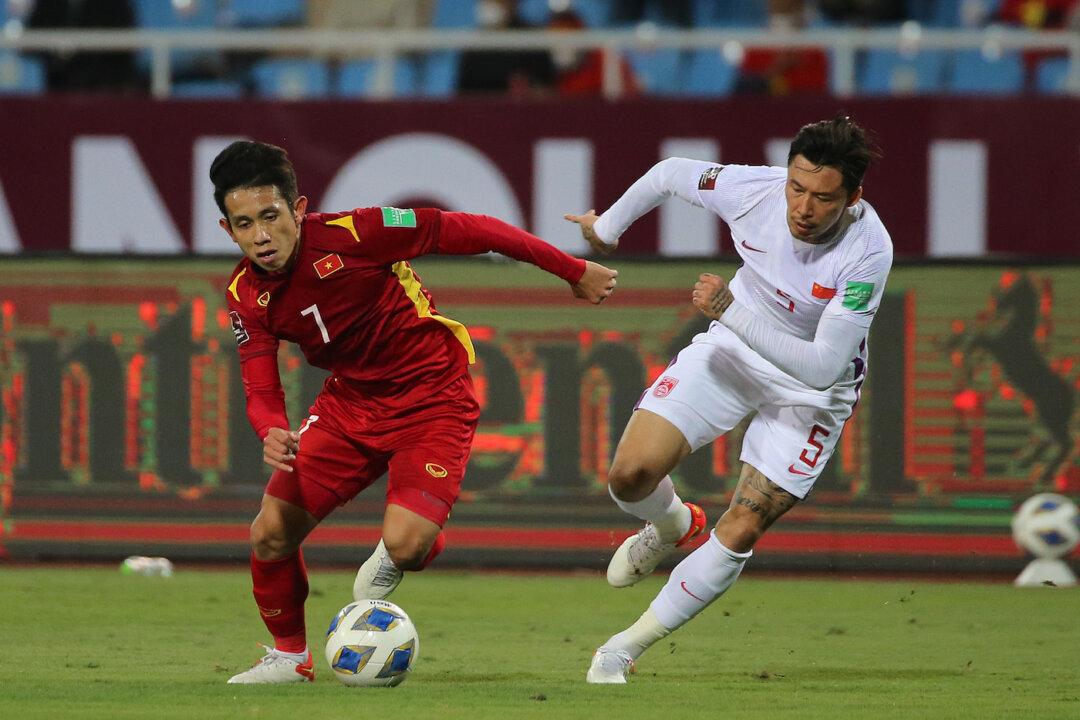Du Zhaocai, former Party secretary of the Chinese Football Association (CFA) and a former member of the FIFA Council, is under investigation for alleged serious violations of Party discipline and the law, China’s anti-graft body announced on April 1.
Du was also the deputy head of the General Administration of Sport of China. Since the former football head coach Li Tie was investigated on Nov. 6, 2022, China has investigated at least nine CFA officials in its anti-corruption probe.




